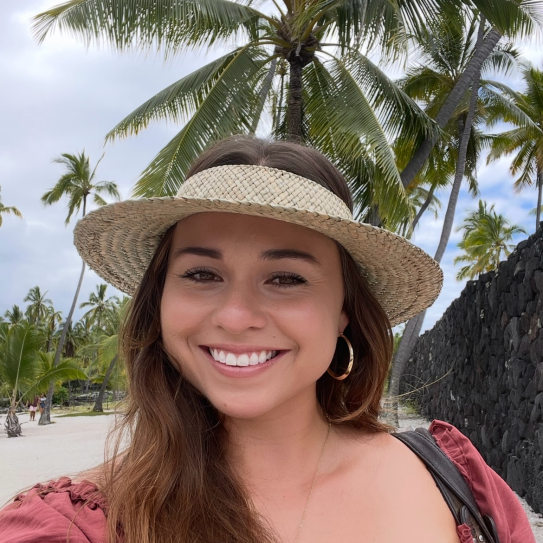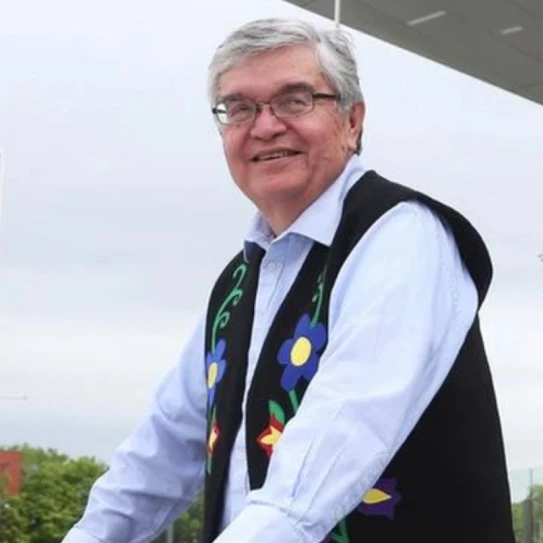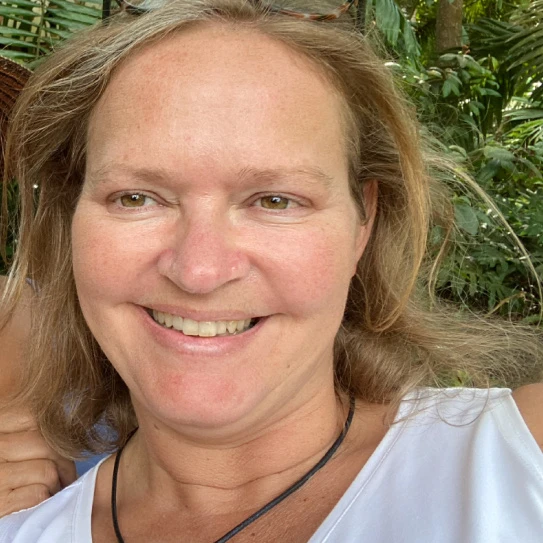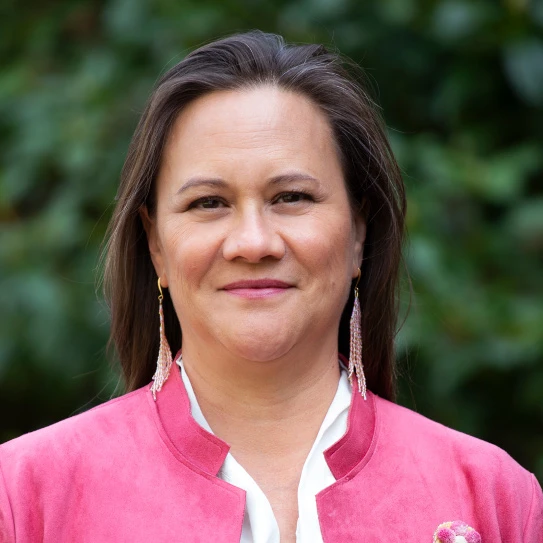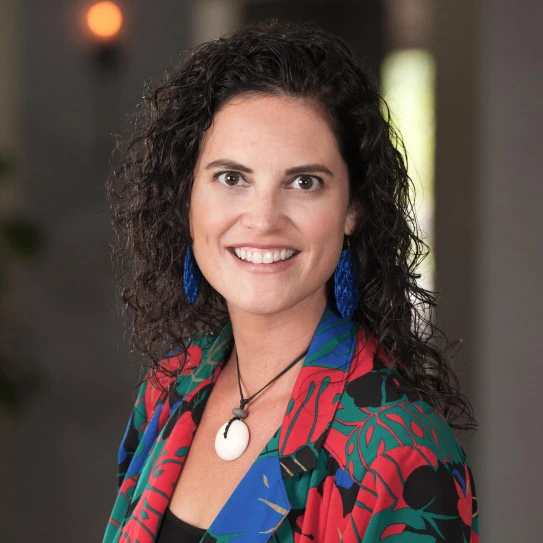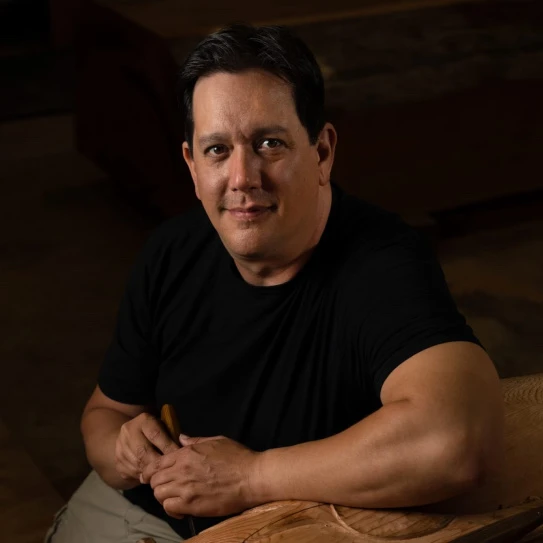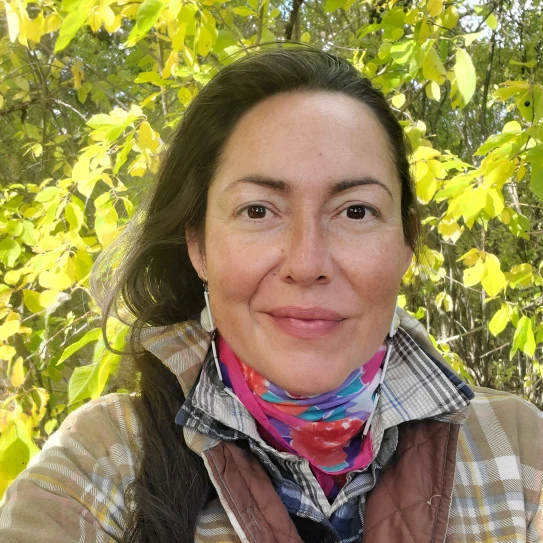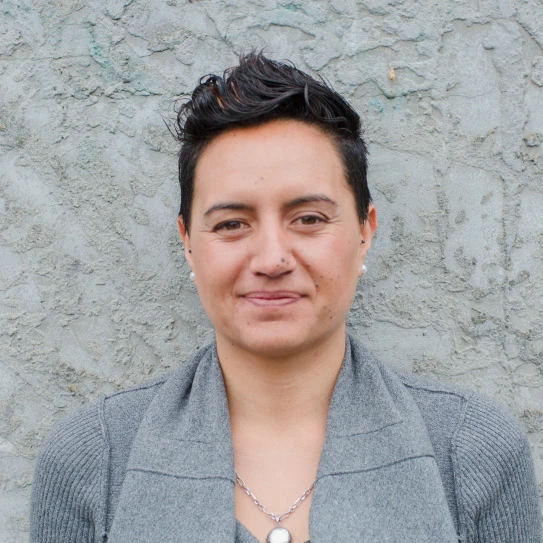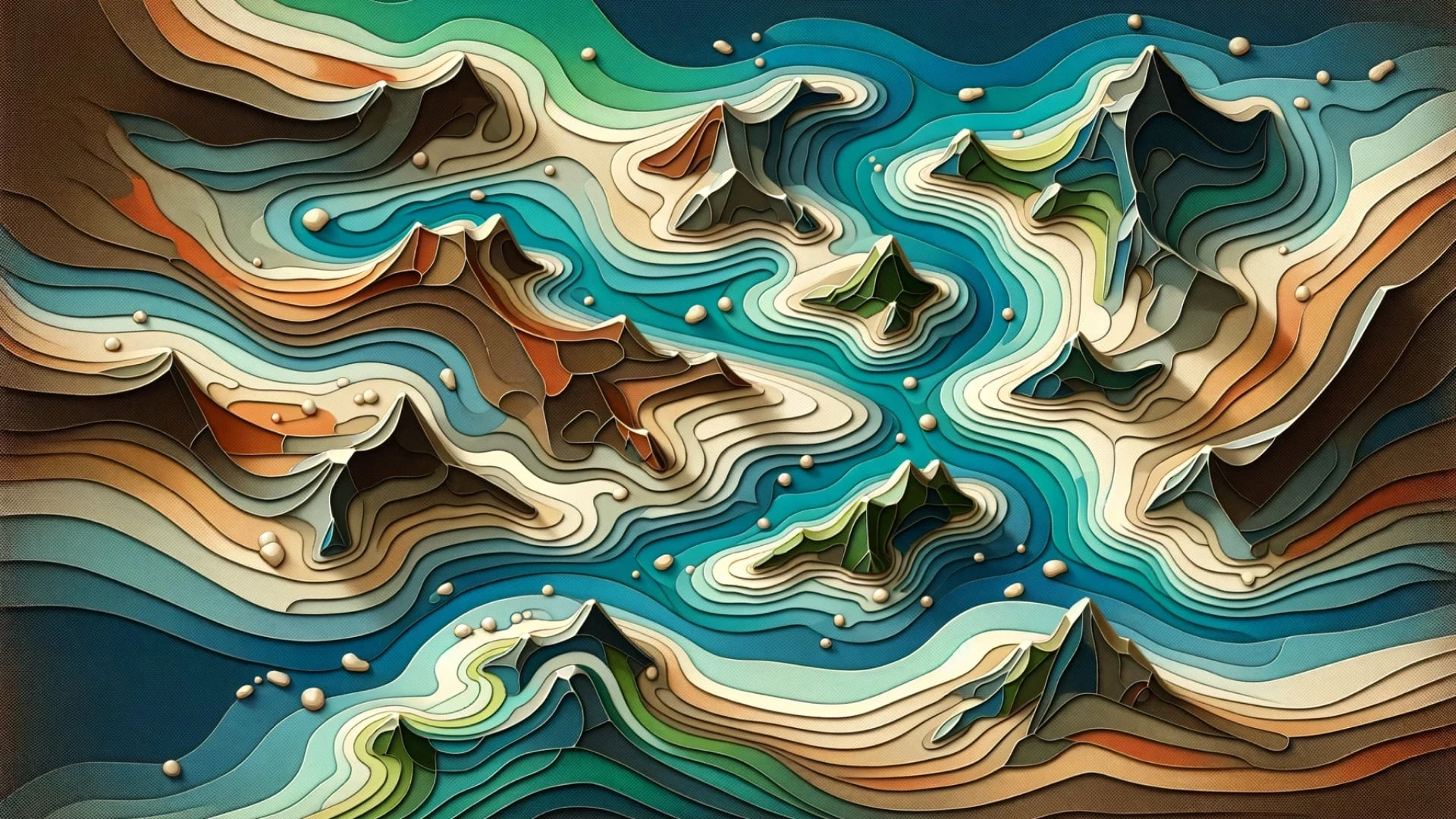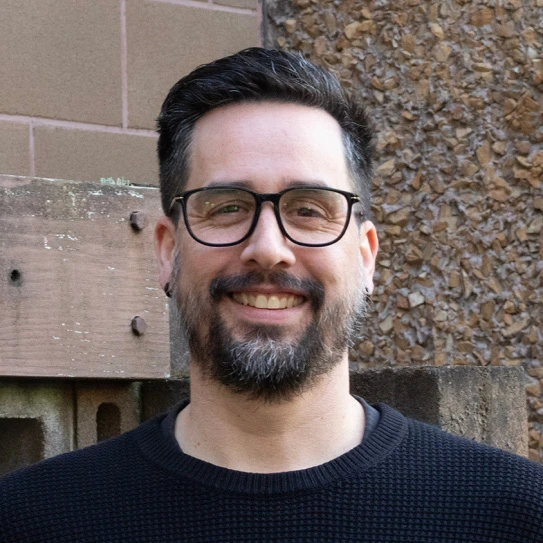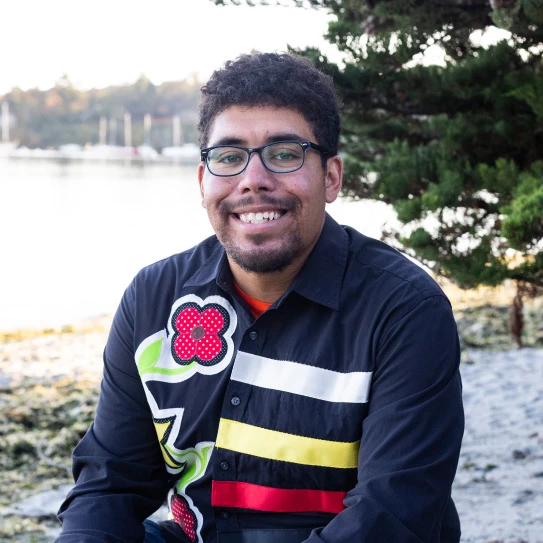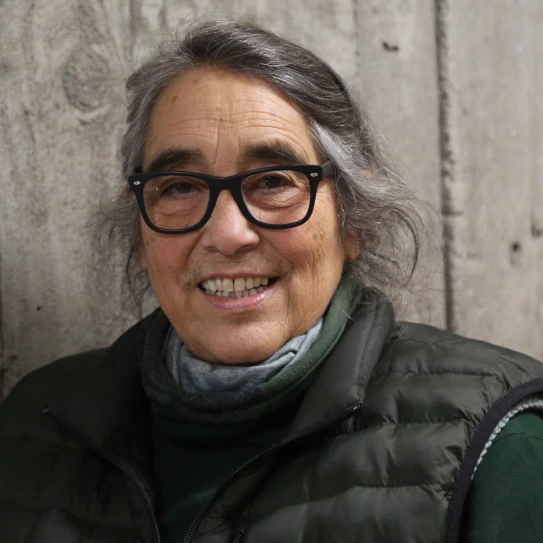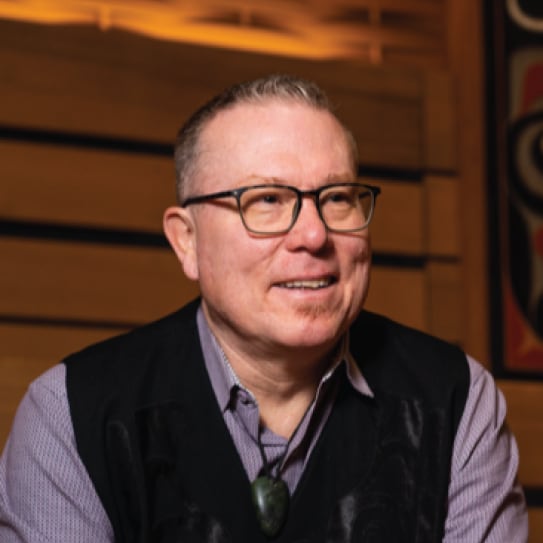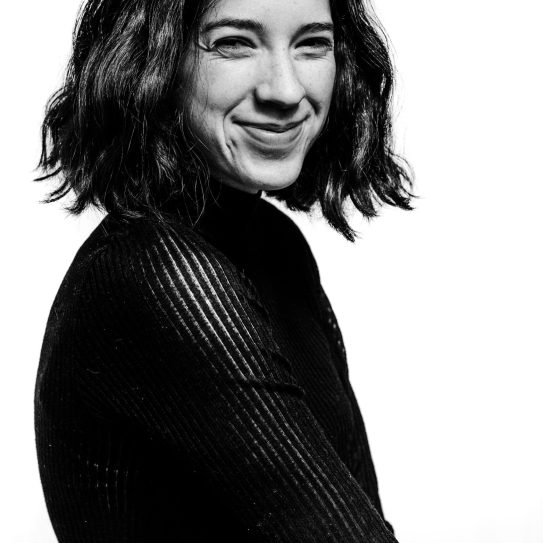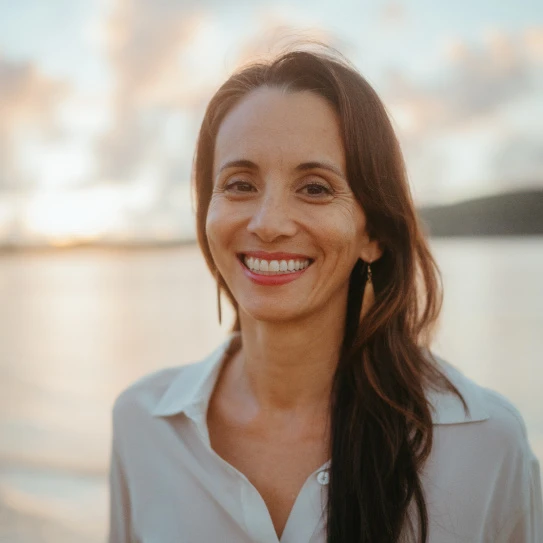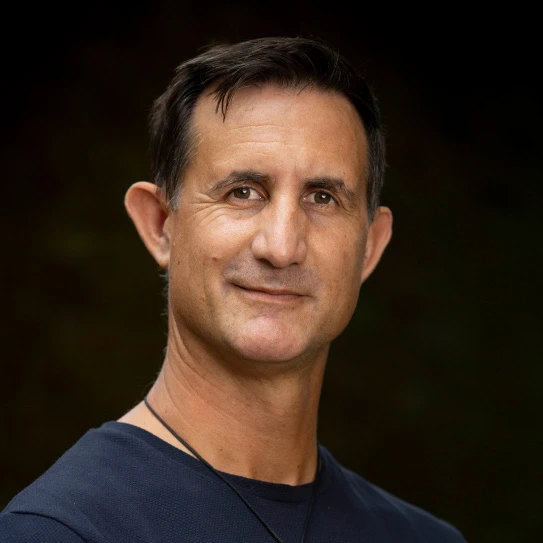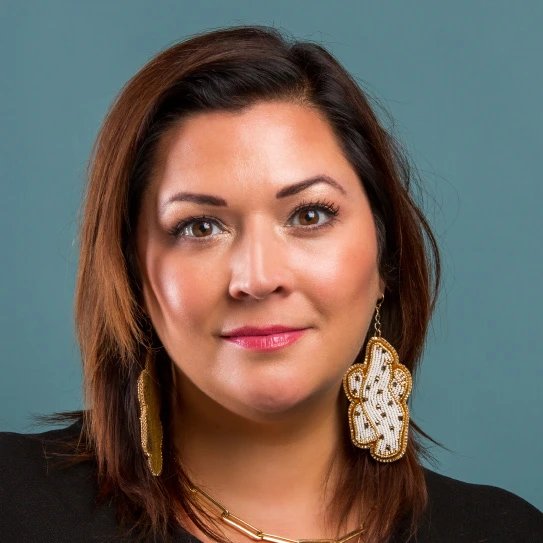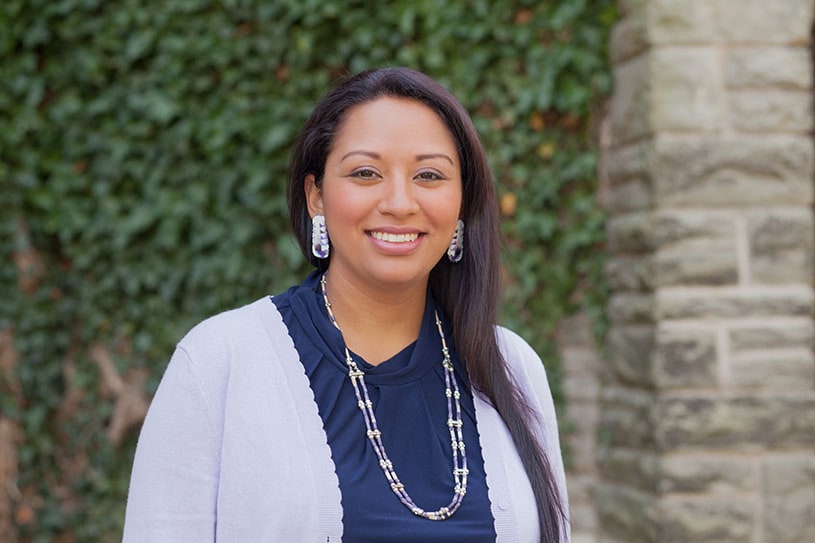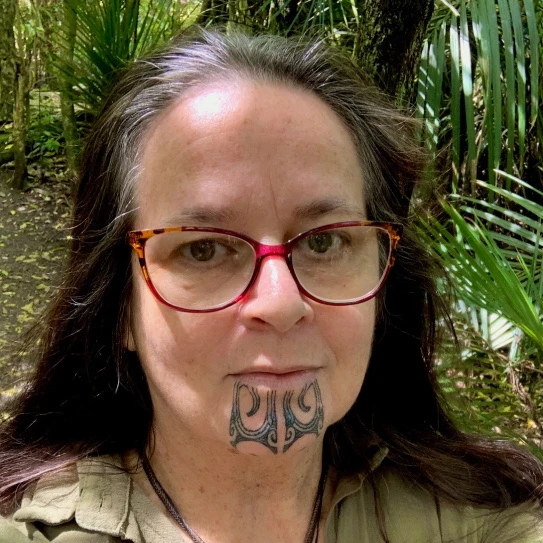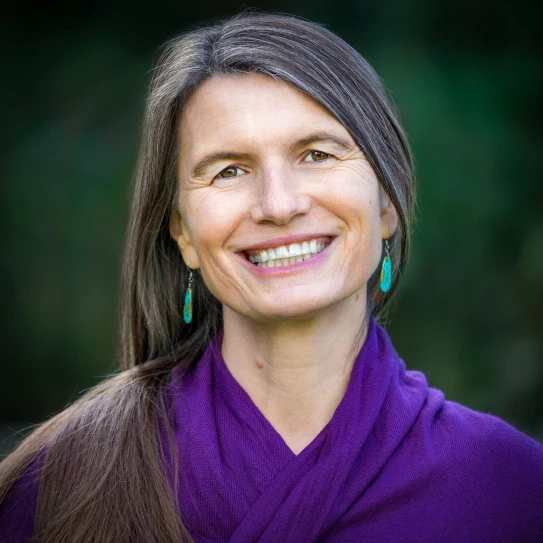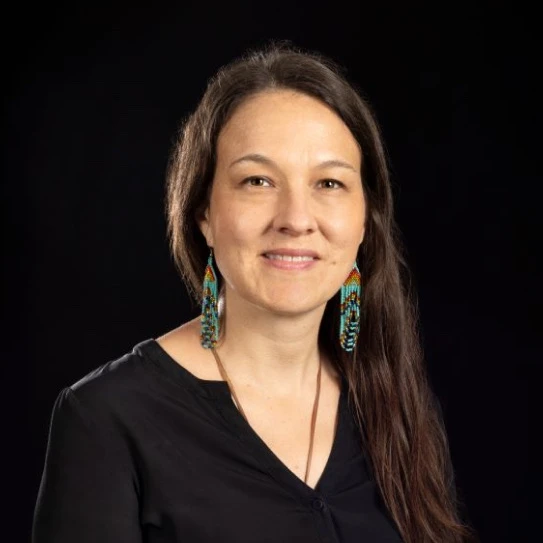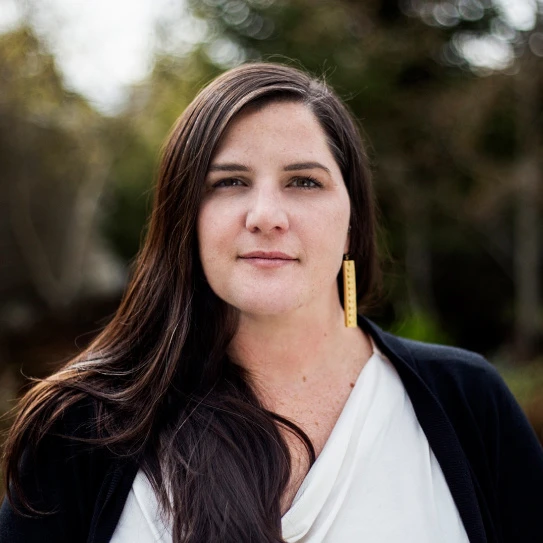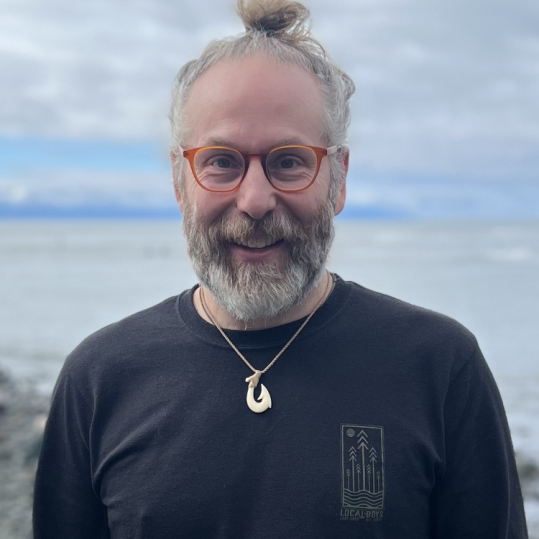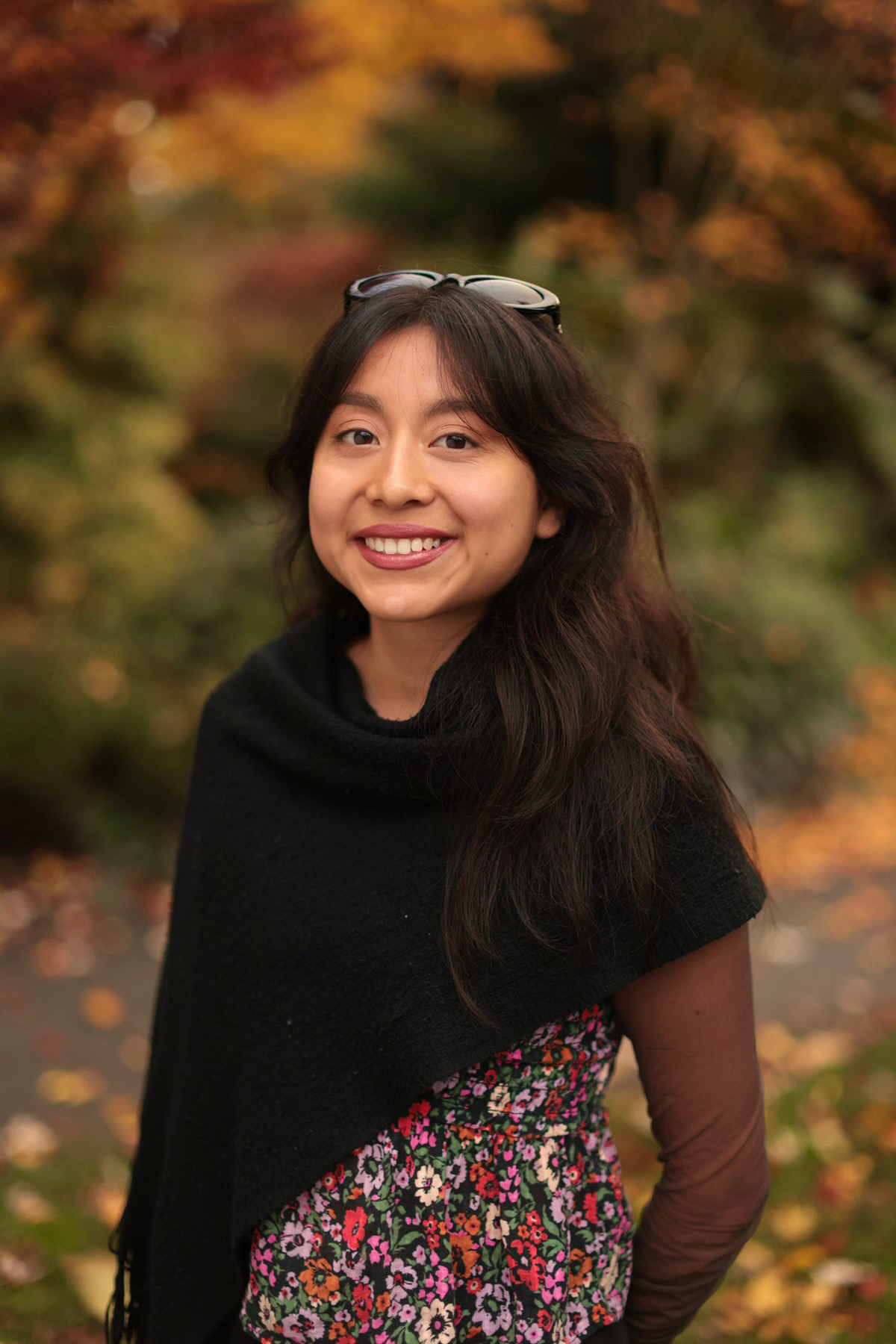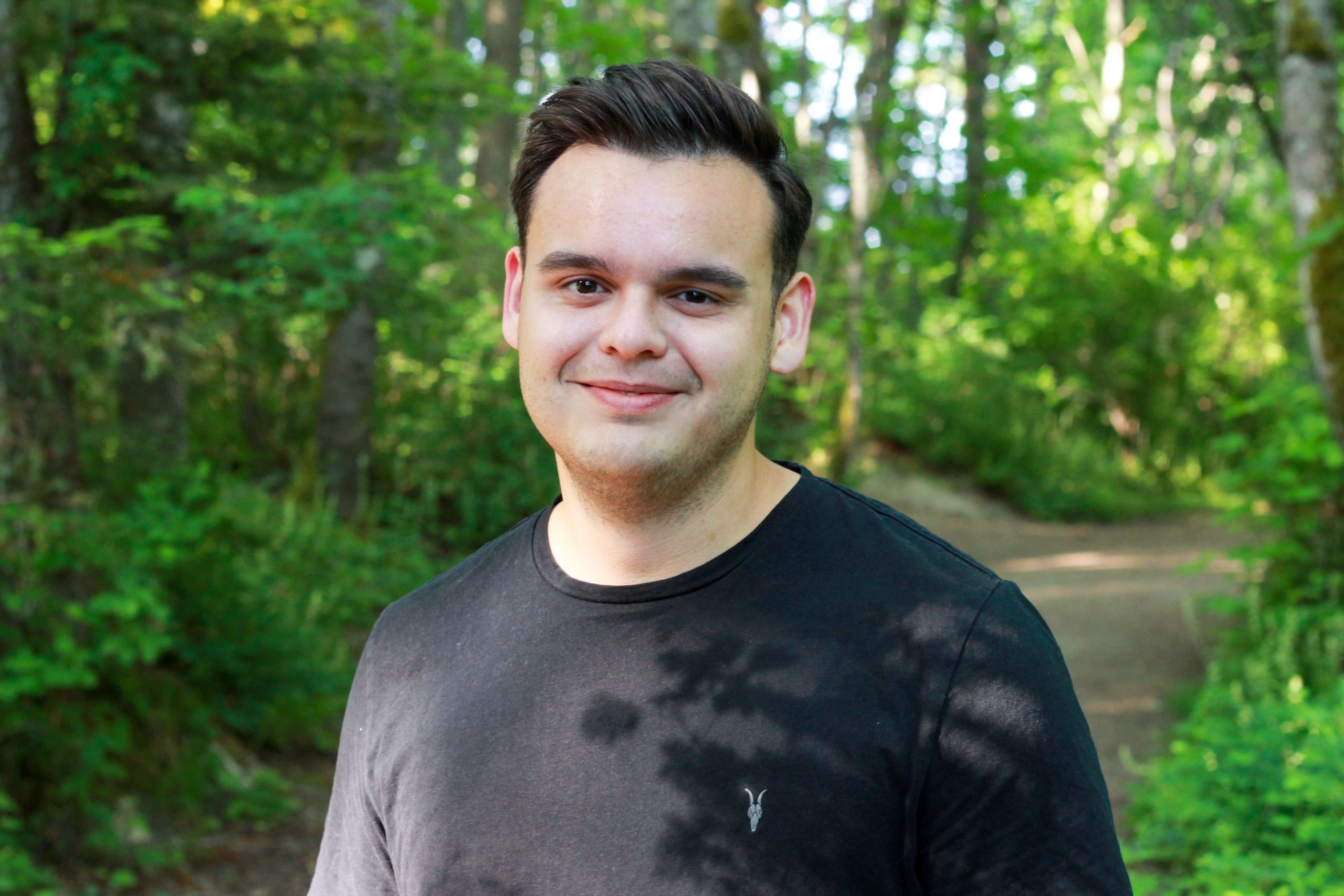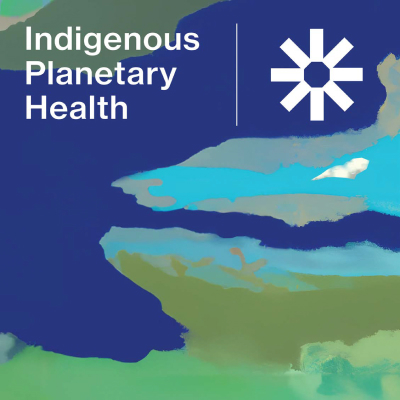Old-growth red cedar, the tree of life for Kwakwa̱ka̱ʼwakw and many other Indigenous Nations, is endangered on Vancouver Island from both industrial clearcutting practices and climate change. Cedar, a source of medicine, shelter, clothing, transportation, art, and more is culturally ubiquitous and a key species in determining the health of the land, water, other-than human persons, and humans. The permanent loss of Cedar would irreparably damage our ways of life. This Case will work with the Kwakwa̱ka̱ʼwakw, Coast Salish, and Nuu-chah-nulth Nations to plant western red cedar seedlings, design totems in digital 3D, and make commitments to carve and raise poles when the trees are mature in about 600 years. While 600 years is longer than anyone today will live to see, how can we align our governance, operations, and legal structures today to ensure the fulfillment of this promise in the futures? This Case brings together art, land-use governance, and Indigenous Planetary Health to inspire creative, transformational solutions that address the causes rather than the symptoms of biodiversity loss and negative health indicators.
In Year 1, with guidance from the highest-ranking Hereditary Chief, David Mungo Knox, of the walas ‘Namugwis (Newman’s Nation) and others, we will identify locations for planting trees, and design and establish generational agreements for relationships with and stewardship of land. In Year 2, we will work with youth in each community to begin to harvest seeds and plant them. Youth will also contribute to conceptualizing digital 3D totems. In Year 3, we will expand the scope of this Case to include other culturally significant relatives whose futures are also tied to the red cedar seedlings (e.g., salmon, salmonberries, herring), and host the third annual Gathering. We will use storytelling and film to document the transformation of consciousness of participants. This type of Indigenous-led resurgence acts to both expand human thought beyond our own lifetimes and establish a different set of metrics and perspectives (each related to Indigenous Ways of Knowing and being) that have the potential to reverse our current course. This Case also demands alternative governance frameworks such as a rethinking of legal designations for land, and a return to intergenerational transmission of responsibilities so that the promise and care of the red cedar is maintained for 600 years.
Get Involved
Join Our Journey
Interested in learning more about our initiatives or keen to contribute to the conversation? Navigate to our Contact page and let’s forge new paths together towards sustainable planetary health. Your insights and participation are valuable to us.
